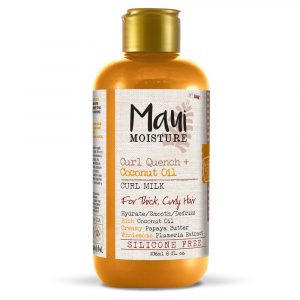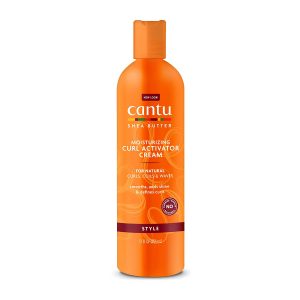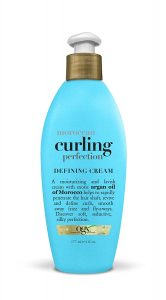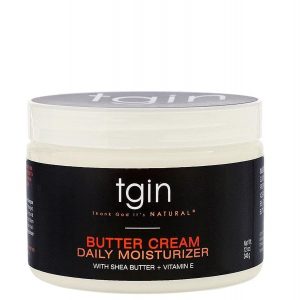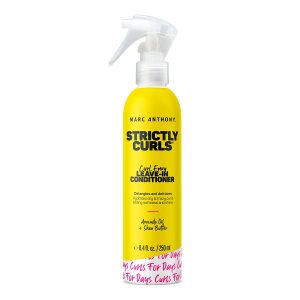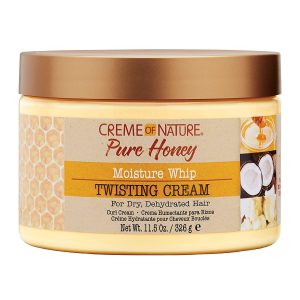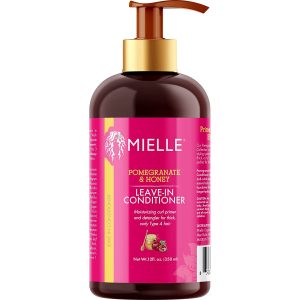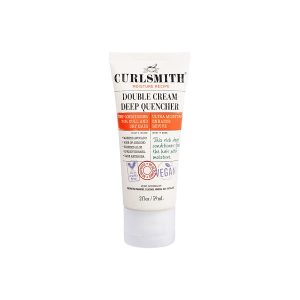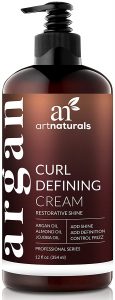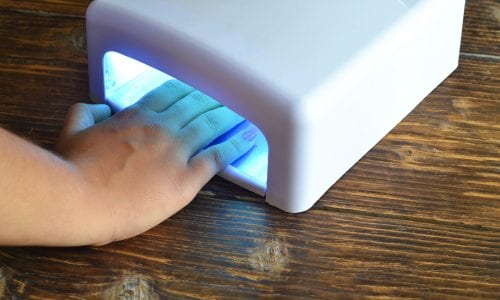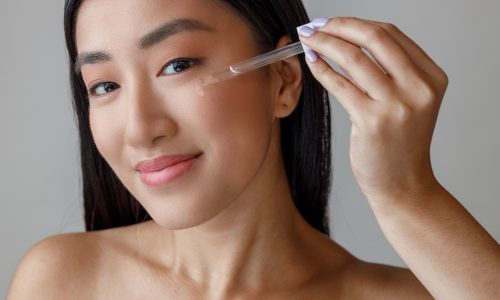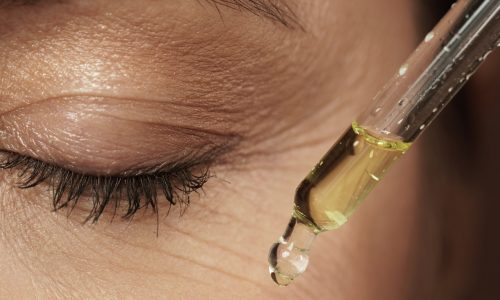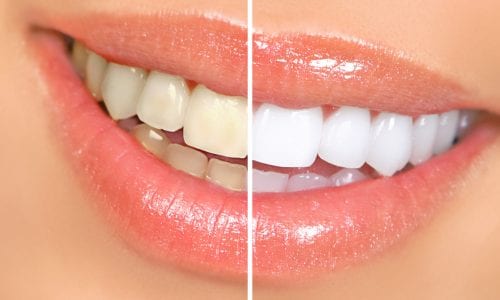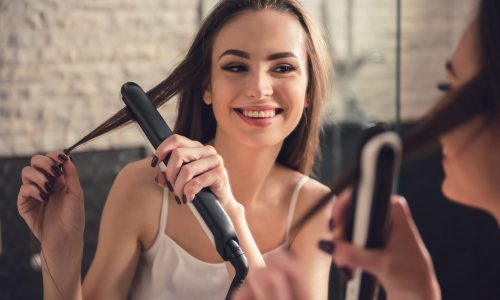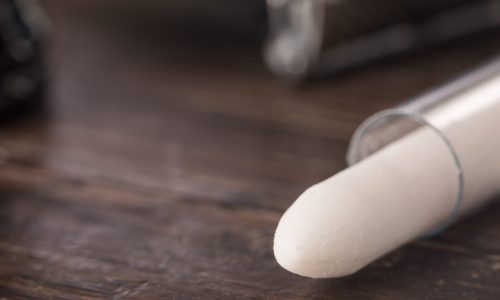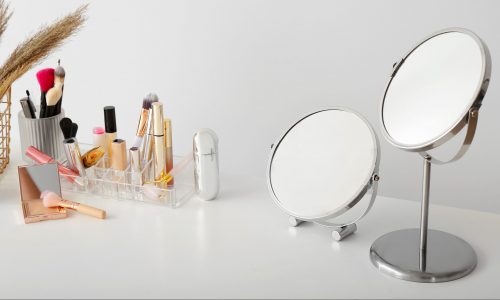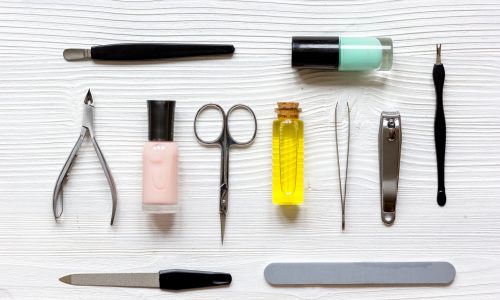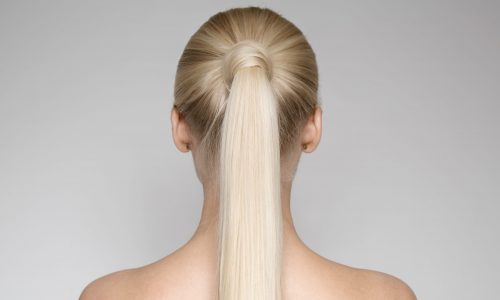The Best Curly Hair Moisturizer
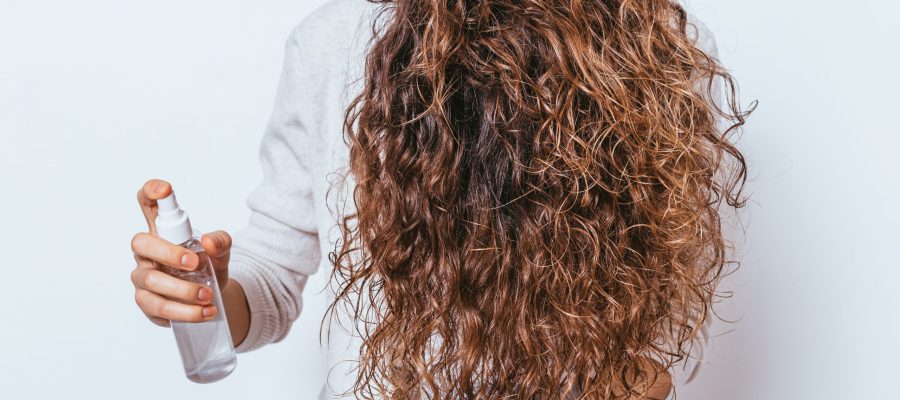
Our Review Process
Don't Waste Your Money is focused on helping you make the best purchasing decision. Our team of experts spends hundreds of hours analyzing, testing, and researching products so you don't have to. Learn more.
Our Picks For The Top Curly Hair Moisturizers
- 1. Maui Moisture Coconut Oil Leave-In Curly Hair Moisturizer
- 2. Cantu Shea Butter Activator Cream Curly Hair Moisturizer
- 3. OGX Anti-Frizz Defining Cream Curly Hair Moisturizer
- 4. tgin Vitamin E & Shea Butter Curly Hair Moisturizer
- 5. Marc Anthony Sulfate-Free Conditioner Curly Hair Moisturizer
- 6. Creme Of Nature Honey & Coconut Oil Curly Hair Moisturizer
- 7. Mielle Organics Primer & Detangler Curly Hair Moisturizer
- 8. CURLSMITH Vegan & Cruelty-Free Curly Hair Moisturizer
- 9. artnaturals Jojoba & Argan Oil Defining Curly Hair Moisturizer
Beat the frizz and the fraying with this mixture. The texture is creamy and it blends in quickly, leaving behind a pleasant coconut scent. There's no need to use a ton, even on the largest 'dos.
For Thicker HairUse this moisturizer to tame frizz in the summer months.
This moisturizer goes on clean thanks to the blend of natural ingredients. There's no alcohol or parabens to harm your follicles or scalp, and it works particularly well on medium-thick hair. It leaves a welcome shine along with a hydrated feel.
No Oily ResidueThis product is just the thing for tight curls.
Even in humid climates, this cream can work wonders on curly locks. It's a good solution for those who don't want to combine products in their hair care routine. Just work in a generous amount and let dry.
Fights Frizzy HairKeep your locks in place even on humid days.
Natural curls will love this one. Just work it in after your shampoo and conditioner to get lasting moisture that helps hair keep its bounce. The vitamin E can even help restore damaged strands and promote growth.
Keeps Curls IntactHeal your hair with this well-balanced cream.
Buying Guide
If you’ve got curly locks, you know there’s one thing that your hair can’t get enough of: Moisture. Hair with a natural curl tends to be dry to begin with for a host of reasons. When you combine that with windy or humid weather (or even a climate that’s too dry), it’s a recipe for instant frizz.
The solution, of course, is a good moisturizer, but thinner formulae that work on straighter hair won’t always do the job on curls. Finding the one that keeps your frizz in check can be a matter of trial and error, but understanding how moisturizers work can help you narrow it down.
Left on its own, each strand of hair gets its natural moisture from sebum glands in the scalp. This sebum makes its way from the follicle into the hair shaft, but the shape of a curl can make it hard for that oil to make its journey all the way down. That’s where you can end up with dry, flyaway strands, and that’s why a moisturizer can be almost essential.
There are two basic types of moisturizer. Depending on your hair type you might need both, but conditioner and leave-in moisturizers work in two different ways. Conditioner is meant to be applied in the shower, right after you shampoo. They are massaged into the scalp, then rinsed out. Leave-in moisturizers are used after you towel off your hair, though it’s usually best to keep your locks a little damp. You work it in thoroughly, then leave it on as you style your hair. If you’ve got thicker hair, you’ll probably want to go with a cream formula. Thinner hair can get away with a spray, which is nice because you can take it on the go for a quick touch-up.
Whatever type you use, the main ingredient in any moisturizer is usually a no-brainer: Water. It doesn’t get more natural than water, and it’s exactly what dry hair is craving. Aloe vera can also be an effective base, but for the most part you’ll want H2O at the top of your ingredient list. Anything that’s completely oil-based will never be as effective as something with at least a significant percentage of water.
You’ll also need humectants, which are ingredients that add to that water by drawing in moisture from the surrounding air. Glycerin is a common one, but it can have a frizzing effect on especially dry hair. You might also find sorbitol, sodium lactate or propylene glycol on the ingredient list, and these can all be effective humectants. If you’re going a more natural route, look for moisturizers with honey or agave nectar, which can also do the job.
Finally, a good moisturizer will have emollients to help lock in all that added water. These ingredients are usually oils that form a protective layer around the hair strand, and the right balance of emollients will make sure you don’t have to re-apply your moisturizer every other hour. Some good natural ones include soybean, sunflower or grapeseed oil for thinner hair. Those with thicker strands might want emollients like avocado, oilve or jojoba oil. Shea or cocoa butter are some other heavy-duty emollients.
What to Look For
Who doesn’t like a nice hot shower? Sadly, your follicles. You might think that any kind of shower would help to hydrate your hair, but temperature does matter. Excessively hot water will wash the hair’s natural oils out faster, and when combined with shampoo it can even contribute to hair loss over time. To mitigate the damage, limit the amount of times per week that you use shampoo, and keep the water lukewarm — at least when your hair is under it.
More to Explore
There are a lot of reasons to love your curly hair, and less need for shampoo is one of them. A scalp with curly locks doesn’t produce as much oil as that of a person with straight hair, simply because there are less strands to lubricate. The average curly head of hair has roughly 100,000 strands, which is 20,000 less than a straight-haired scalp.

